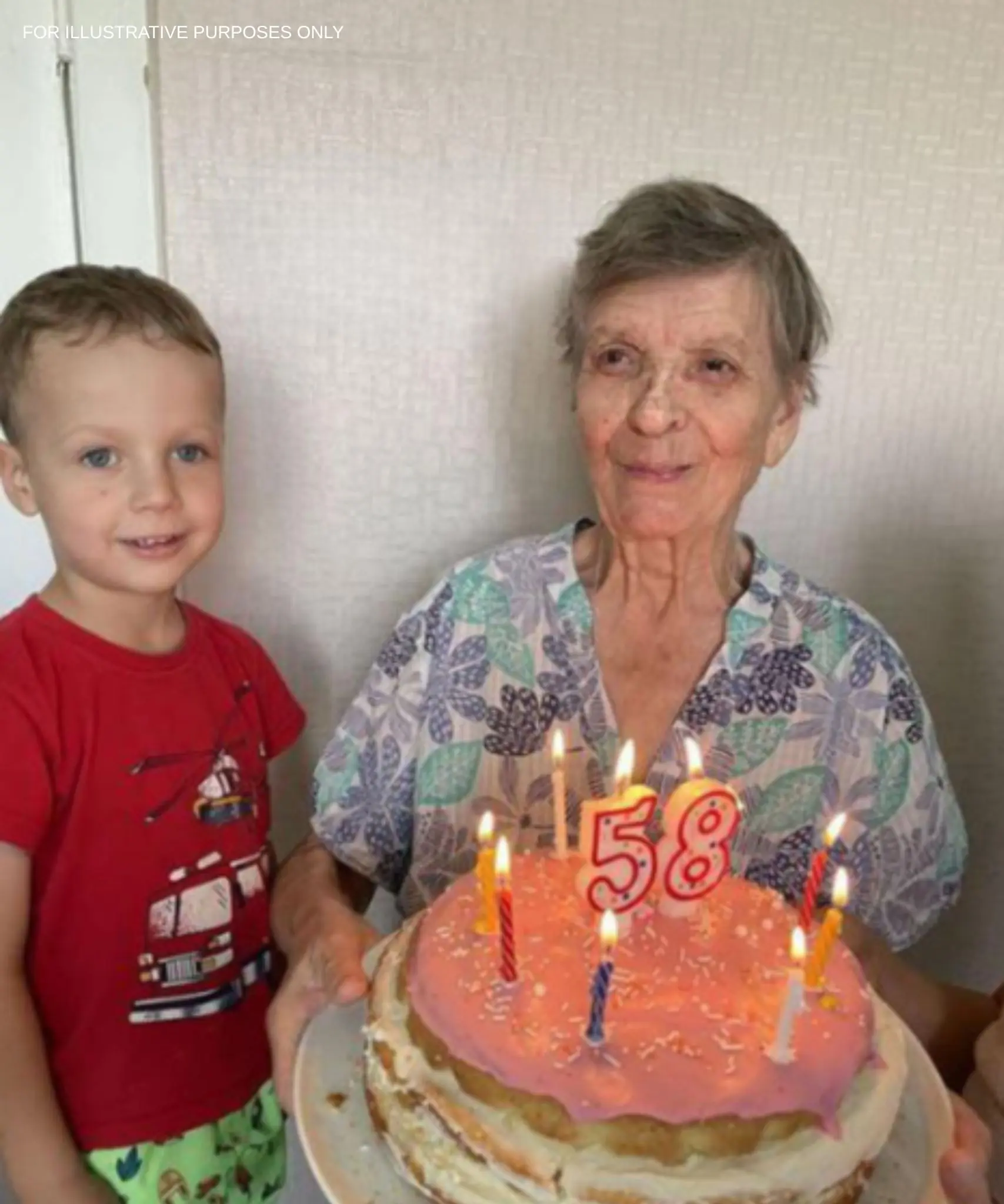
HE SAID HE WAS JUST “KEEPING HER WARM”—BUT IT WAS WAY MORE THAN THAT
I saw him on the Blue Line. Two seats from the back, coat zipped up to his chin, shoes falling apart at the seams. He had the kind of tired that doesn’t come from sleep—it comes from life.
But what got me wasn’t him. It was what he was holding.
A tiny kitten, no more than a few weeks old, curled up in the crook of his arm like she’d been there her whole life. He held her so gently, like she was made of paper and dreams. She was fast asleep, paws tucked under her chin, purring so loud I could hear it over the train.
Nobody else seemed to notice.
So I sat across from him and asked, softly, “Is she yours?”
He looked down at her, smiled, then said, “No. She just found me.”
He told me he’d discovered her three nights ago in an alley behind a bakery. Crying. Wet. Cold. He gave her the last bit of his sandwich and wrapped her in the only dry scarf he had. “Figured I could give her one warm night,” he said. “But she stayed.”
I asked where he was taking her.
“Somewhere better,” he said. “Someone left a note on the bench at 6th and Maple. Said they’d help if I brought her back alive.”
A note?
I raised an eyebrow. He reached into his pocket and pulled out a folded napkin. On it, scribbled in blue pen:
“She answers to ‘Mina.’ Please don’t leave her. If you find her—bring her home.”
And on the back, a phone number.
But the part that made my chest tighten?
It was signed: “Her little girl.”
“That’s… that’s incredible,” I said, my voice barely a whisper. “You’re taking her back to her family.”
He nodded. “Feels right,” he said. “Like she was meant to find me.”
We rode in silence for a while, the rhythmic clatter of the train the only sound. I watched him stroke Mina’s soft fur, his touch gentle and careful.
“What’s your name?” I asked.
“Call me Silas,” he said, his eyes never leaving the kitten.
“I’m Elara,” I said.
We talked for the rest of the ride. He told me about his life, about how he’d been living on the streets for years, about how he’d lost his family, and about how Mina, this tiny creature, had given him a reason to care again.
When we reached 6th and Maple, we got off the train. The bench was there, just as he’d said. We sat down, waiting.
After about twenty minutes, a young woman approached, her eyes searching the crowd. When she saw Silas and Mina, her face lit up.
“Mina!” she cried, rushing towards them.
She knelt down, tears streaming down her face, and scooped Mina into her arms. “Oh, my sweet girl,” she whispered, burying her face in the kitten’s fur. “I’ve been so worried.”
She looked up at Silas, her eyes filled with gratitude. “Thank you,” she said, her voice trembling. “Thank you so much. I thought I’d lost her forever. She slipped out while I was moving, and I’ve been searching day and night.”
Silas just smiled, a genuine, heartwarming smile. “She found me,” he said. “And I just kept her warm.”
The woman, whose name was Anya, insisted on giving Silas some money, but he refused. “Just knowing she’s safe is enough,” he said.
Anya then invited us for coffee at a nearby cafe. Over warm drinks, she explained that Mina was more than just a pet; she was a connection to her late mother. Her mother had found Mina as a kitten, and took care of her, and after her mother passed, Mina was all Anya had left of her.
“She’s family,” Anya said, her voice thick with emotion.
As we were about to leave, Anya asked Silas if he needed any help, and he admitted he had nowhere to go. Anya, with tears in her eyes, said she would help him.
The twist was this: Anya’s late mother had been a social worker, and Anya had inherited her mother’s deep compassion. She knew people who ran a local shelter, and she was able to get Silas a warm bed, food, and even some temporary work.
But more than that, Anya found a way to honor her mother’s memory by starting a small fund to help people like Silas, and she asked him to help run it. Silas, with a newfound sense of purpose, agreed. He was good with people, and he had a deep understanding of the struggles they faced.
He and Anya became friends. They worked together, helping others, and in doing so, they found a sense of healing and purpose.
The Additional 20%:
One afternoon, a few months later, I ran into Silas again. I was waiting for the same Blue Line train, when I saw him—dressed in a clean jacket, shoes no longer falling apart, and a faint smile that seemed a little more permanent this time.
He waved when he saw me, and we caught up. It was strange, how much had changed in such a short time. Silas now had a small apartment—one he shared with Mina, who had grown into a healthy, playful cat. He’d even started taking classes at the local community center on job skills, something he never thought he’d have the chance to do.
“I’m learning about computers now,” he told me, a shy grin spreading across his face. “Can you believe that? Me, working a computer? I didn’t think it was possible a few months ago.”
He told me that he and Anya were still running the fund together, and how much it had grown. They had been able to help a few more people—just like him—who were living on the streets, giving them a chance to start over.
“It feels good,” he said. “Like I’m doing something right, finally.”
I asked about Mina, of course. Silas smiled warmly. “She’s happy,” he said. “I think we saved each other, in a way. She reminds me every day that there’s good in the world, even when things seem hopeless.”
As we spoke, I realized that Silas had become someone completely different from the man I’d first met on the train. He wasn’t just surviving anymore—he was living, with purpose, with people who cared about him.
Sometimes, the hardest journeys lead to the most unexpected places. Silas had found a family in Mina, in Anya, and in himself. And in return, he was helping others find their way too.
The small act of kindness—taking in a lost kitten—had rippled out, touching more lives than anyone could have imagined.
End of the Expanded Story
English Translation:
I saw him on the Blue Line. Two seats from the back, his coat zipped up to his chin, shoes falling apart at the seams. He had that exhaustion you don’t get from sleep—it’s the kind that comes from life.
But it wasn’t him that caught my attention. It was what he was holding.
A tiny kitten, no more than a few weeks old, curled up in his arm like she had always been there. He held her so carefully, as if she were made of paper and dreams. She was fast asleep, her paws tucked under her chin, purring so loudly I could hear it over the train noise.
No one else seemed to notice.
So I sat across from him and quietly asked, “Is she yours?”
He looked down at her, smiled, then said, “No. She just found me.”
He told me he’d discovered her three nights ago in an alley behind a bakery. Crying. Wet. Cold. He gave her the last bit of his sandwich and wrapped her in the only dry scarf he had. “I thought I could give her one warm night,” he said. “But she stayed.”
I asked where he was taking her.
“Somewhere better,” he said. “Someone left a note at the 6th and Maple bench. They said they’d help if I brought her back alive.”
A note?
I raised an eyebrow. He reached into his pocket and pulled out a folded napkin. On it, scribbled in blue ink:
“She answers to ‘Mina.’ Please don’t leave her. If you find her, bring her home.”
And on the back, a phone number.
But the part that made my chest tighten?
It was signed: “Her little girl.”
“That’s… incredible,” I whispered. “You’re taking her back to her family.”
He nodded. “It feels right,” he said. “Like she was meant to find me.”
We rode in silence for a while, the rhythmic clatter of the train the only sound. I watched him stroke Mina’s soft fur, his touch gentle and careful.
“What’s your name?” I asked.
“Call me Silas,” he said, never taking his eyes off the kitten.
“I’m Elara,” I replied.
We talked for the rest of the ride. He shared his story—how he’d been living on the streets for years, how he lost his family, and how Mina, this tiny kitten, gave him a reason to care again.
When we reached 6th and Maple, we got off the train. The bench was there, just as he’d said. We sat down, waiting.
After about twenty minutes, a young woman approached, her eyes scanning the crowd. When she saw Silas and Mina, her face lit up.
“Mina!” she cried, rushing toward them.
She knelt down, tears
streaming down her face, and scooped Mina up. “Oh, my sweet girl,” she whispered, burying her face in the kitten’s fur. “I’ve been so worried.”
She looked up at Silas, her eyes filled with gratitude. “Thank you,” she said, her voice trembling. “Thank you so much. I thought I’d lost her forever. She slipped out while I was moving, and I’ve been searching for her day and night.”
Silas just smiled, a genuine, heartwarming smile. “She found me,” he said. “And I just kept her warm.”
The woman, whose name was Anya, insisted on giving Silas some money, but he refused. “Just knowing she’s safe is enough,” he said.
Anya then invited us for coffee at a nearby cafe. Over warm drinks, she explained that Mina wasn’t just a pet—she was a connection to her late mother. Her mother had found Mina as a kitten, taken care of her, and after her mother passed, Mina was all Anya had left of her.
“She’s family,” Anya said, her voice thick with emotion.
As we were about to leave, Anya asked Silas if he needed help, and he admitted he had nowhere to go. Anya, tears in her eyes, said she would help him.
Anya’s late mother had been a social worker, and Anya had inherited her mother’s deep compassion. She knew people who ran a local shelter and managed to get Silas a warm bed, food, and even some temporary work.
But more than that, Anya found a way to honor her mother’s memory by starting a fund to help people like Silas. She asked him to help run it. Silas, with a newfound sense of purpose, agreed. He had a gift with people, and understood their struggles.
He and Anya became friends. They worked together, helping others, and in doing so, they found healing and purpose.
The life lesson? Small acts of kindness create waves of change. Silas, who had lost everything, found a new beginning through caring for a tiny creature. Anya, grieving, found a way to honor her mother by helping someone in need.
Sometimes, the most profound connections are the most unexpected. Small kindnesses can have the biggest impact. Never underestimate the power of a warm heart and a helping hand.
If this story moved you, share it with someone who needs to hear it. And if you liked it, give it a like. Your support means the world.
Share.
News in the same category

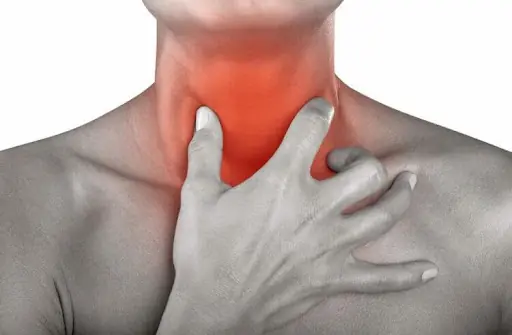
8 Ways To Get Rid Of Phlegm And Mucus In Chest And Throat
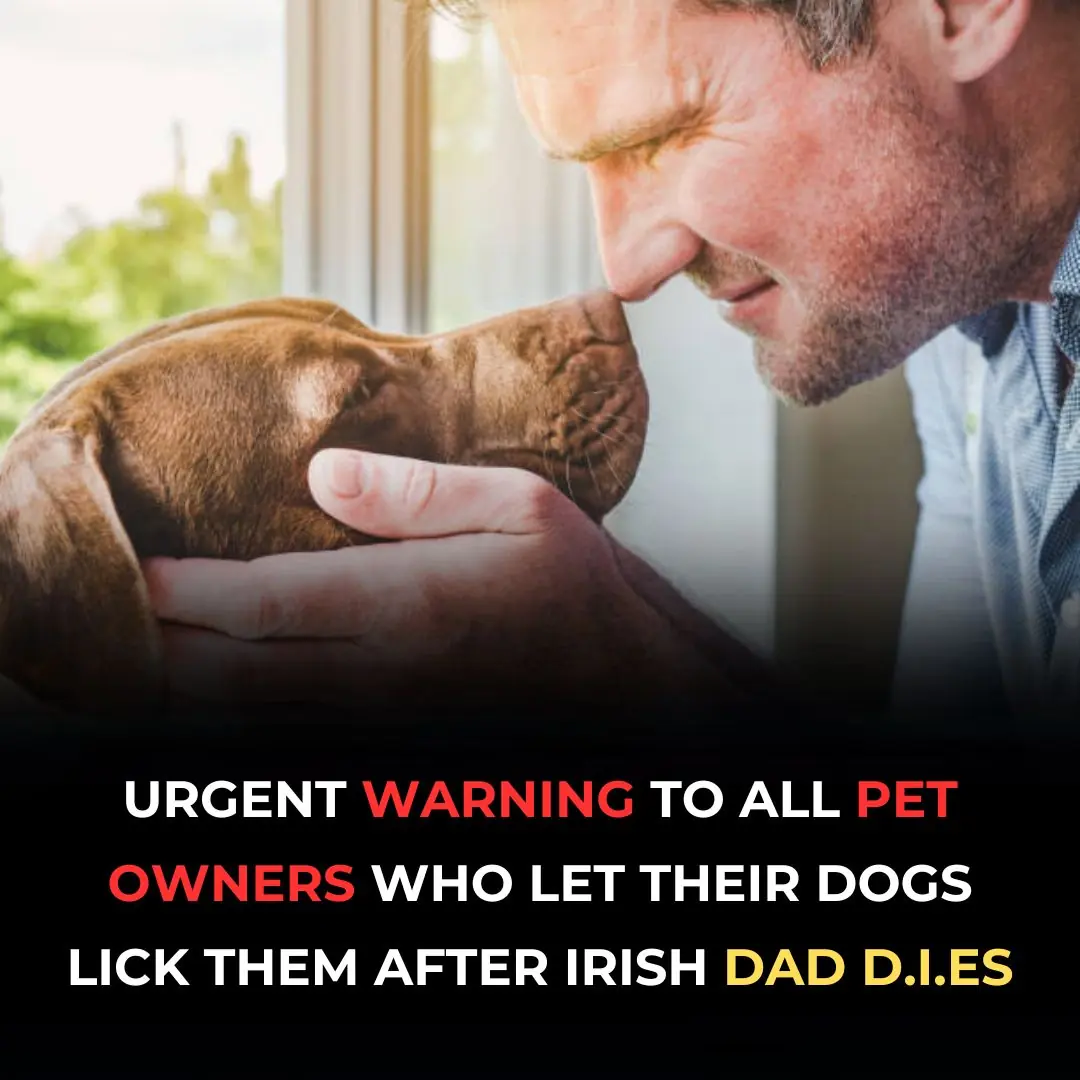
After A 49-Year-Old Father Of Two Passes Away, There Is An Urgent Warning For All Pet Owners Who Allow Their Dogs To Lick Them
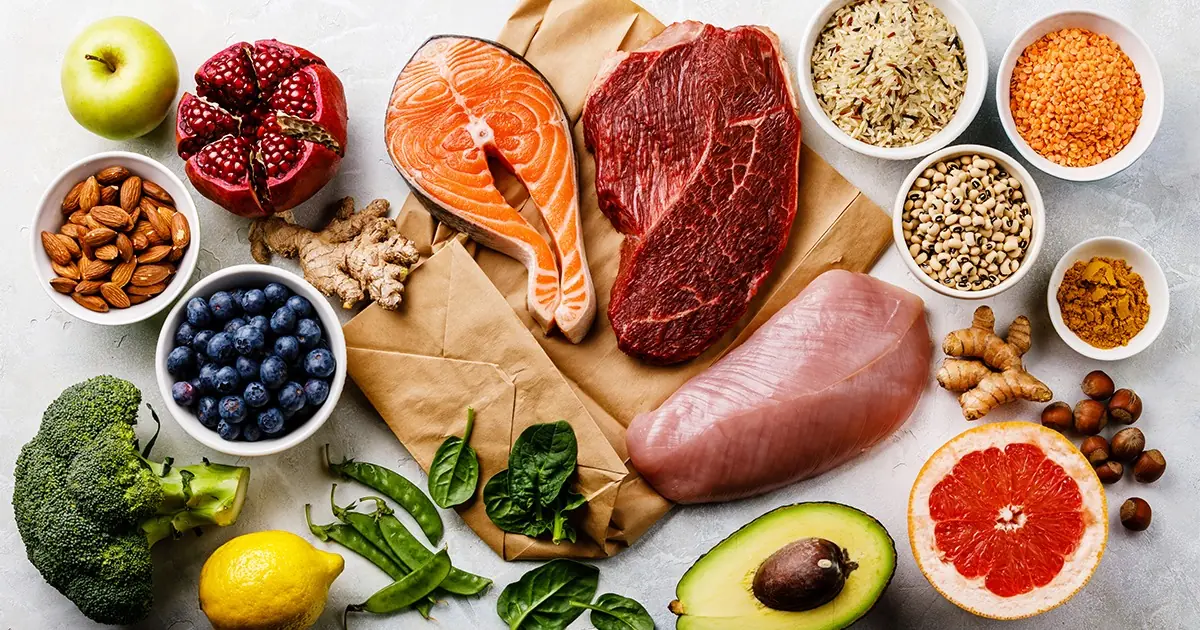
8 of the Best Anti-Cancer Foods. It’s Time to Start Adding Them to Your Diet

Getting Annoyed By Chewing Sounds Is a Genuine Psychiatric Disorder
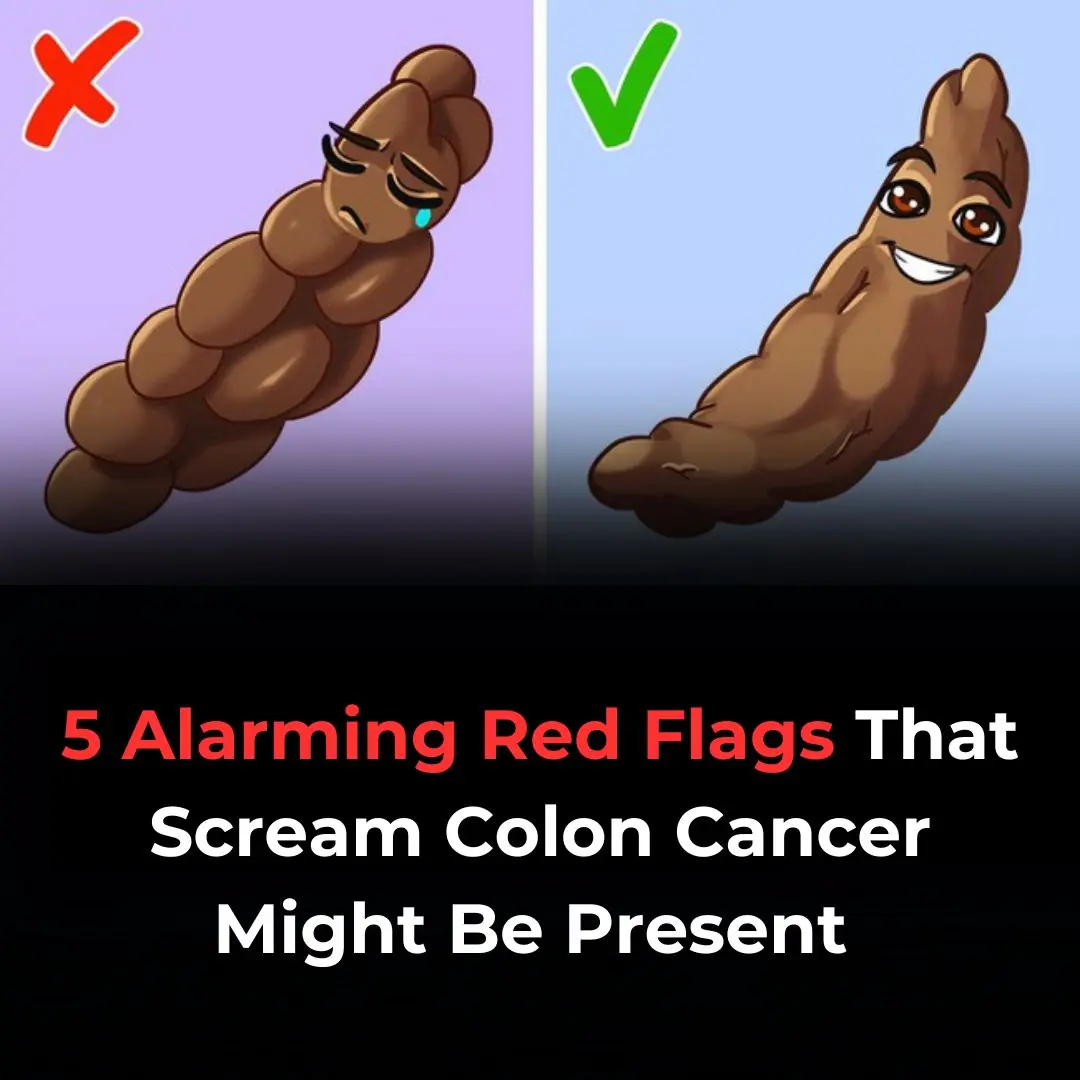
5 Concerning Red Flags That May Signal Colon Cancer
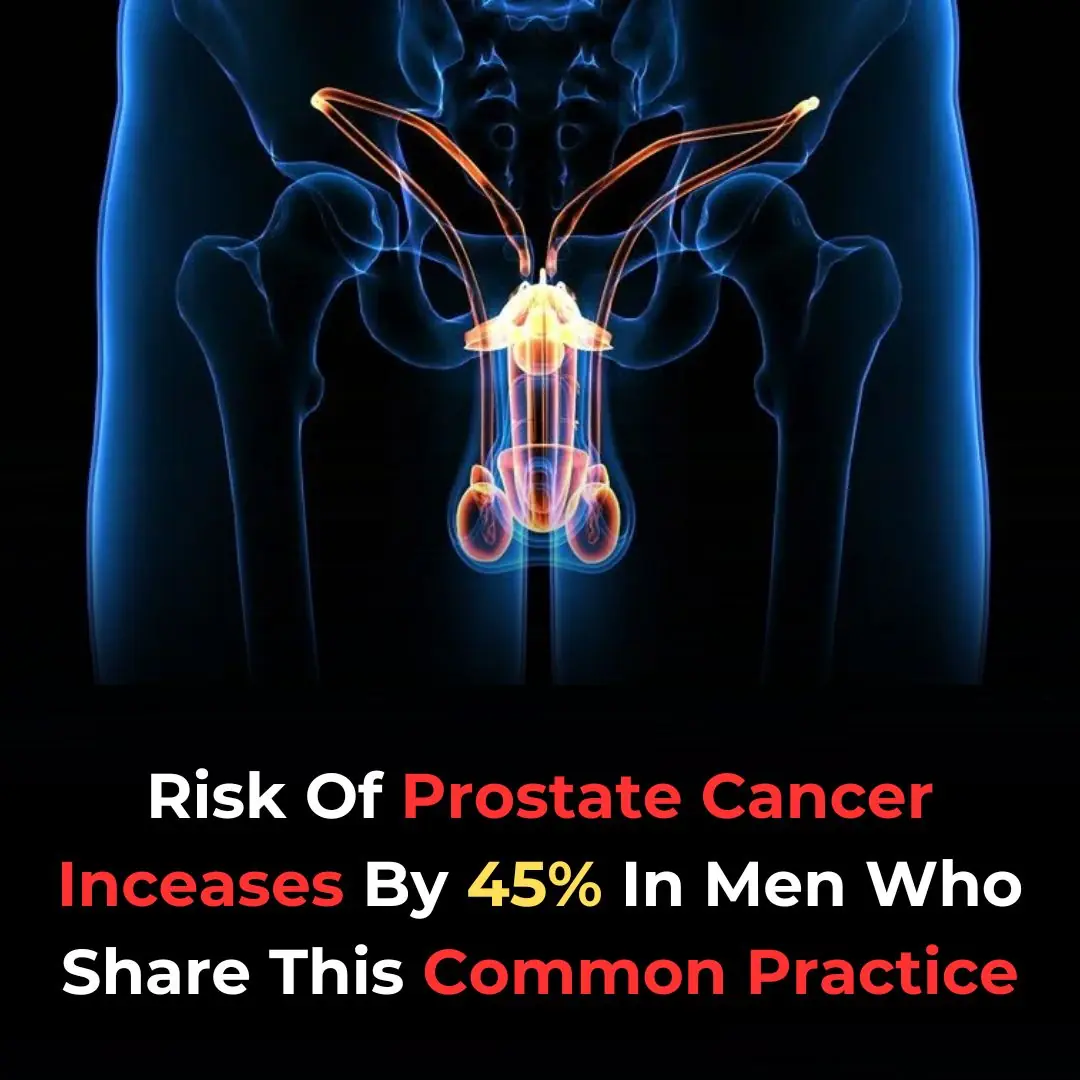
Risk Of Prostate Cancer Increases By 45% In Men Who Share This Common Practice
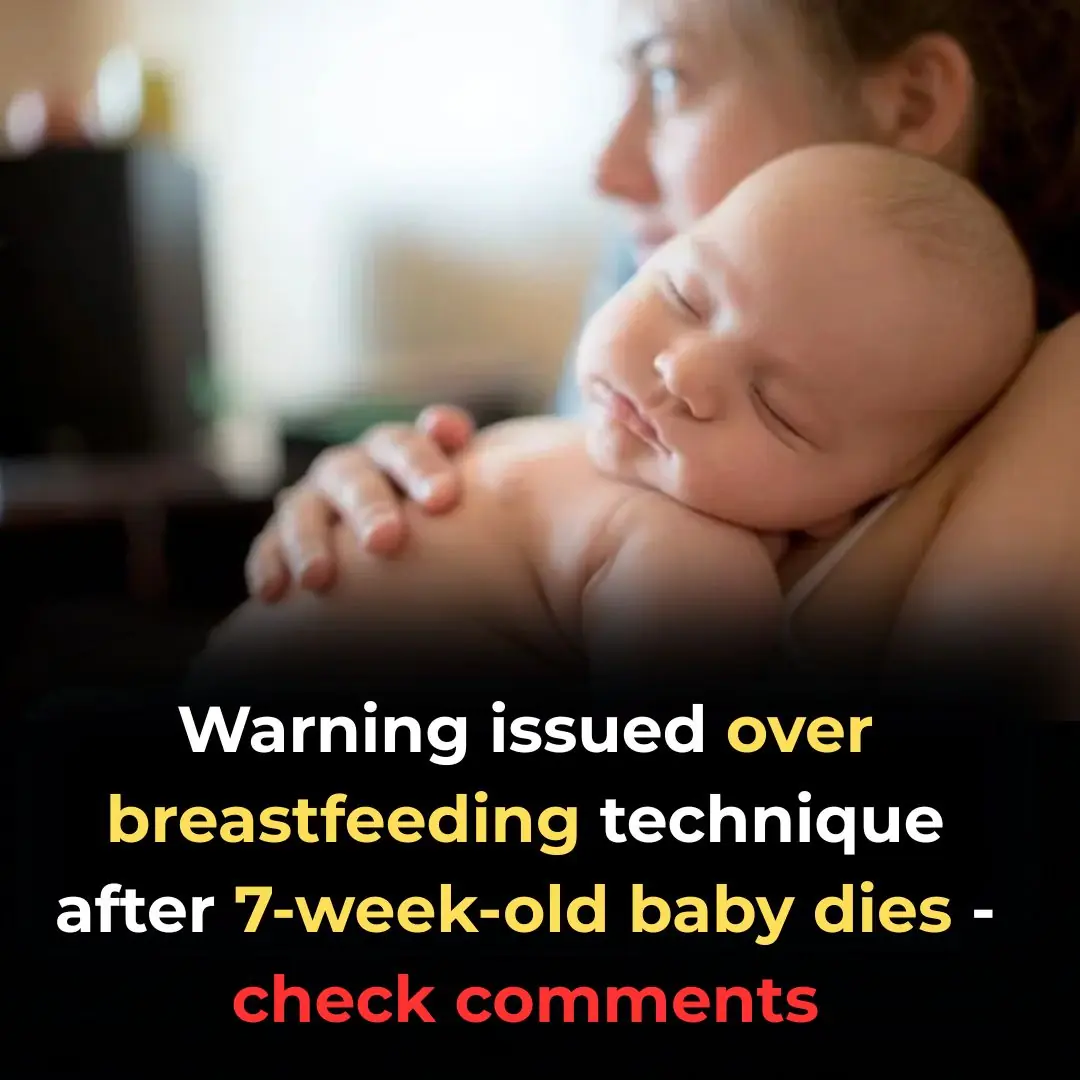
End-of-life nurse shares the most disturbing behaviors seen in those nearing death

**Say Goodbye to Skin Tags and Warts: Easy Removal with Hydrogen Peroxide**
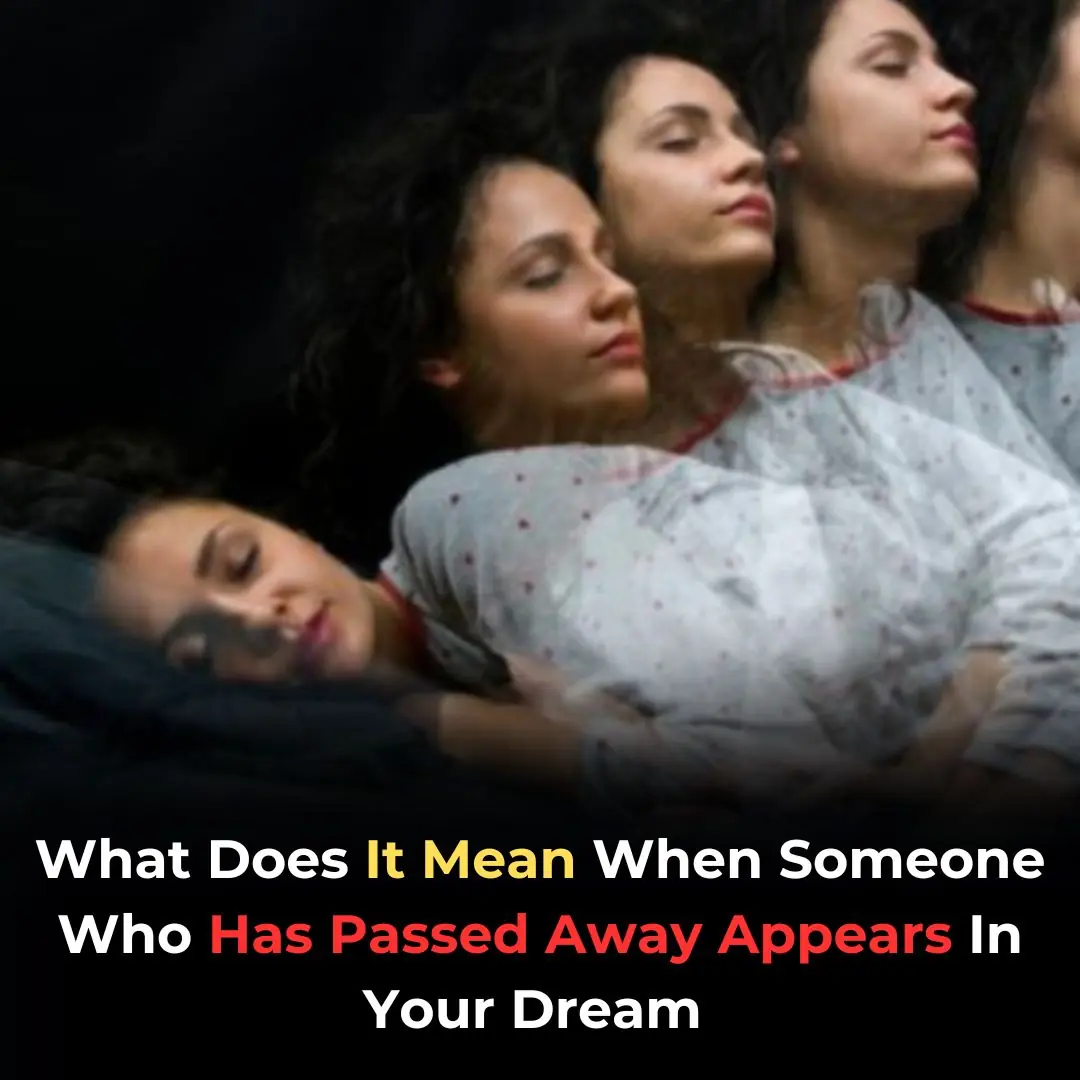
What Does It Signify When You Dream of a Deceased Loved One?
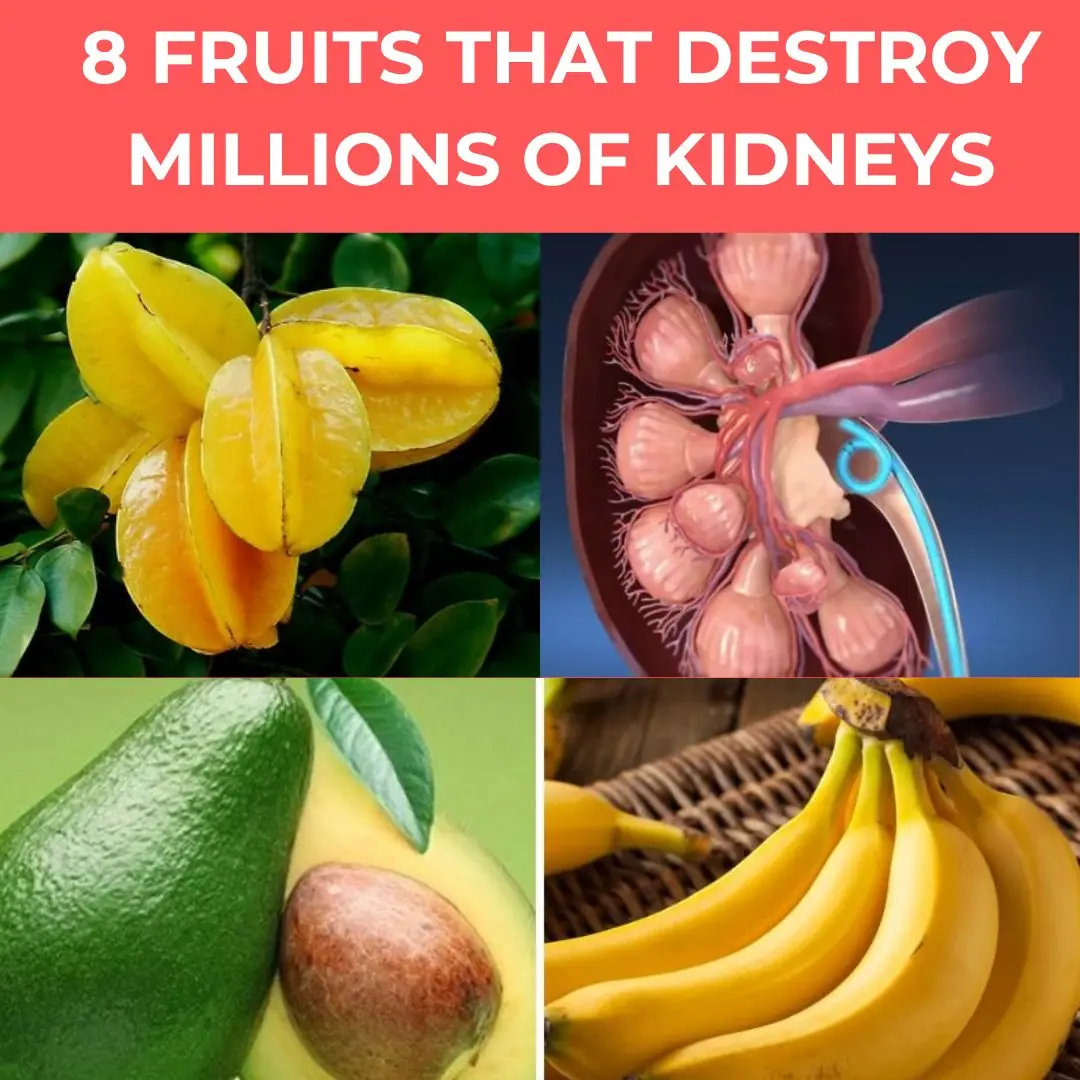
8 Fruits That Can Harm People with Kidney Disease
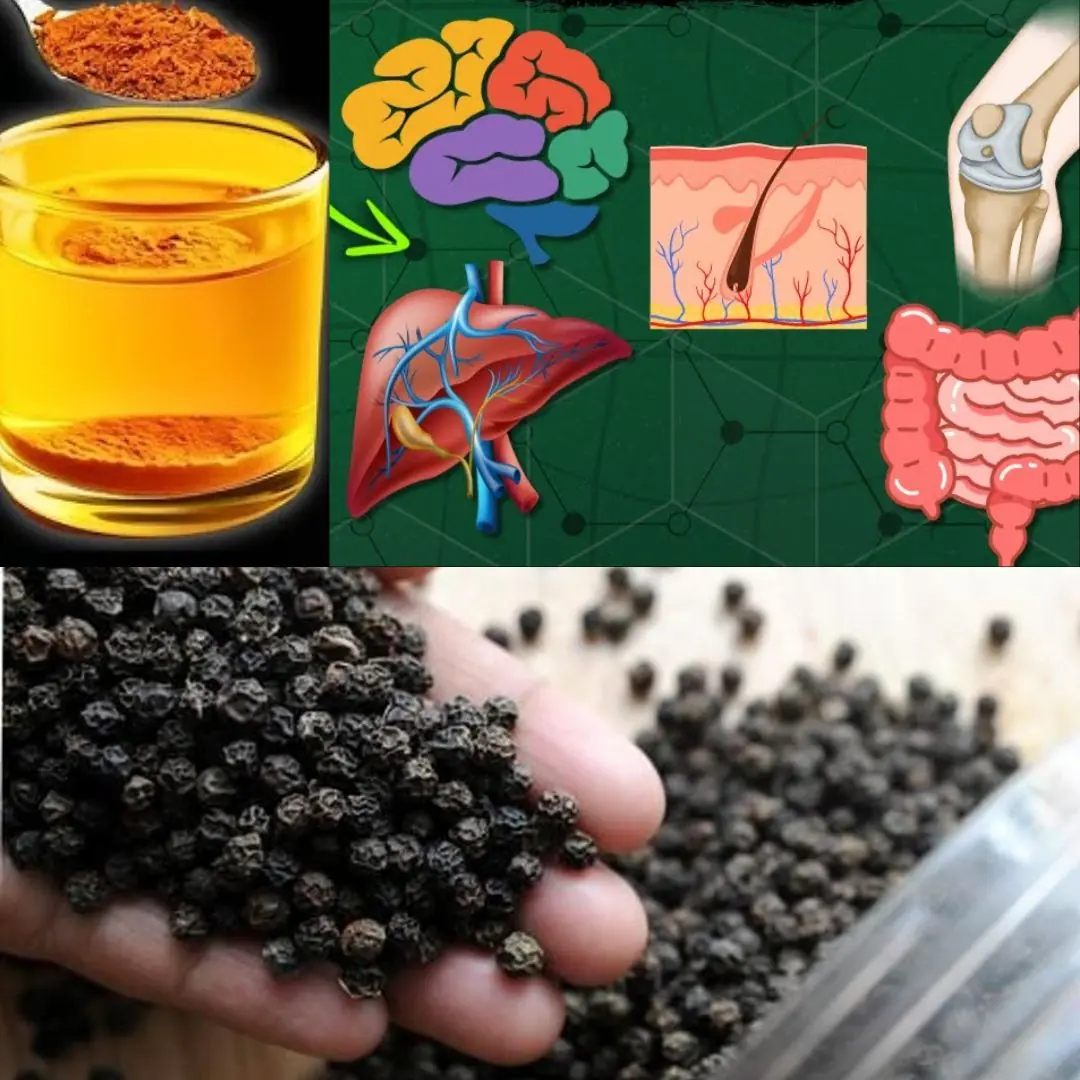
The #1 Most Powerful Remedy in the World
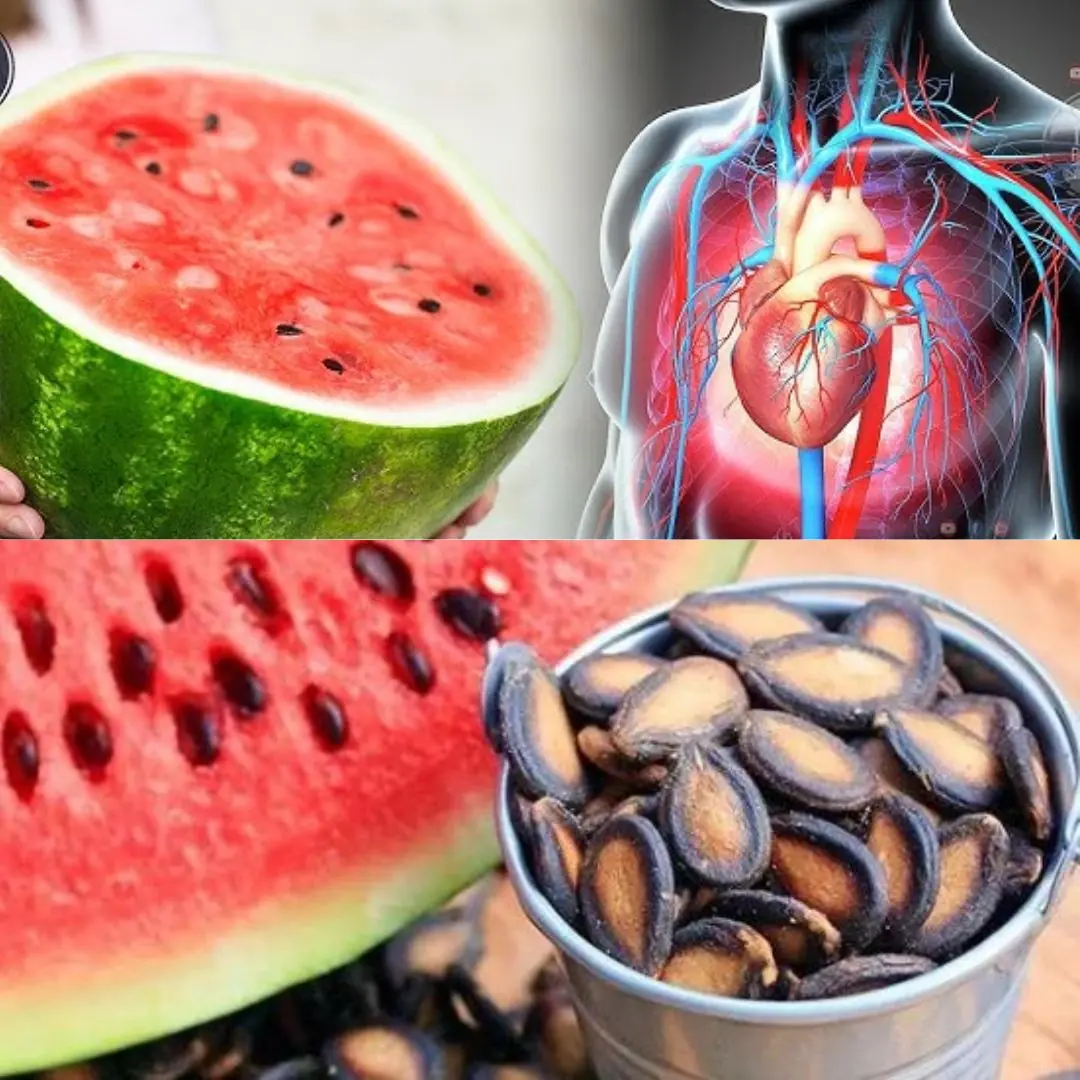
Watermelon Seed Tea: A Natural Remedy for Health & Wellness
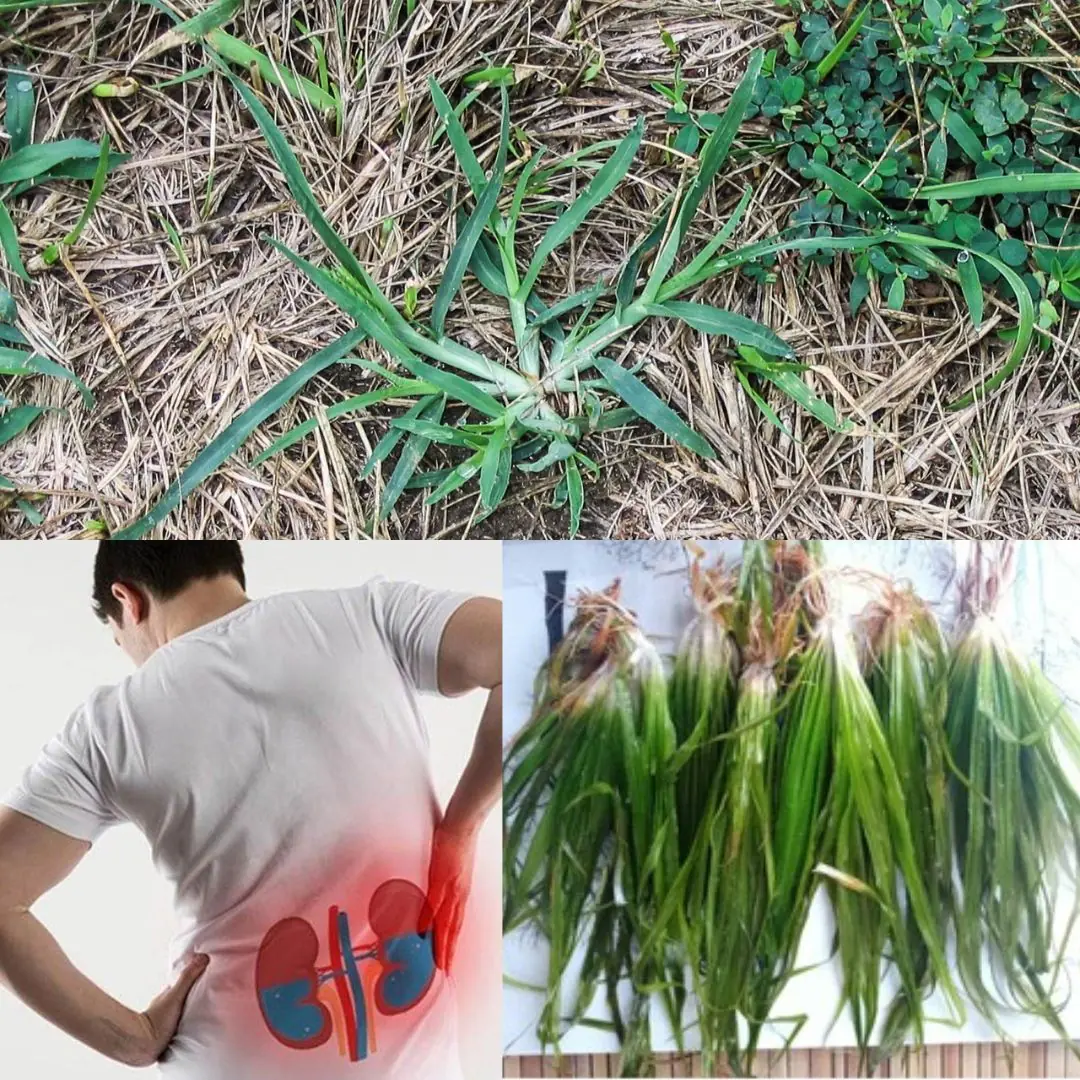
12 Amazing Health Benefits of the Stonebreaker Plant You Shouldn’t Miss
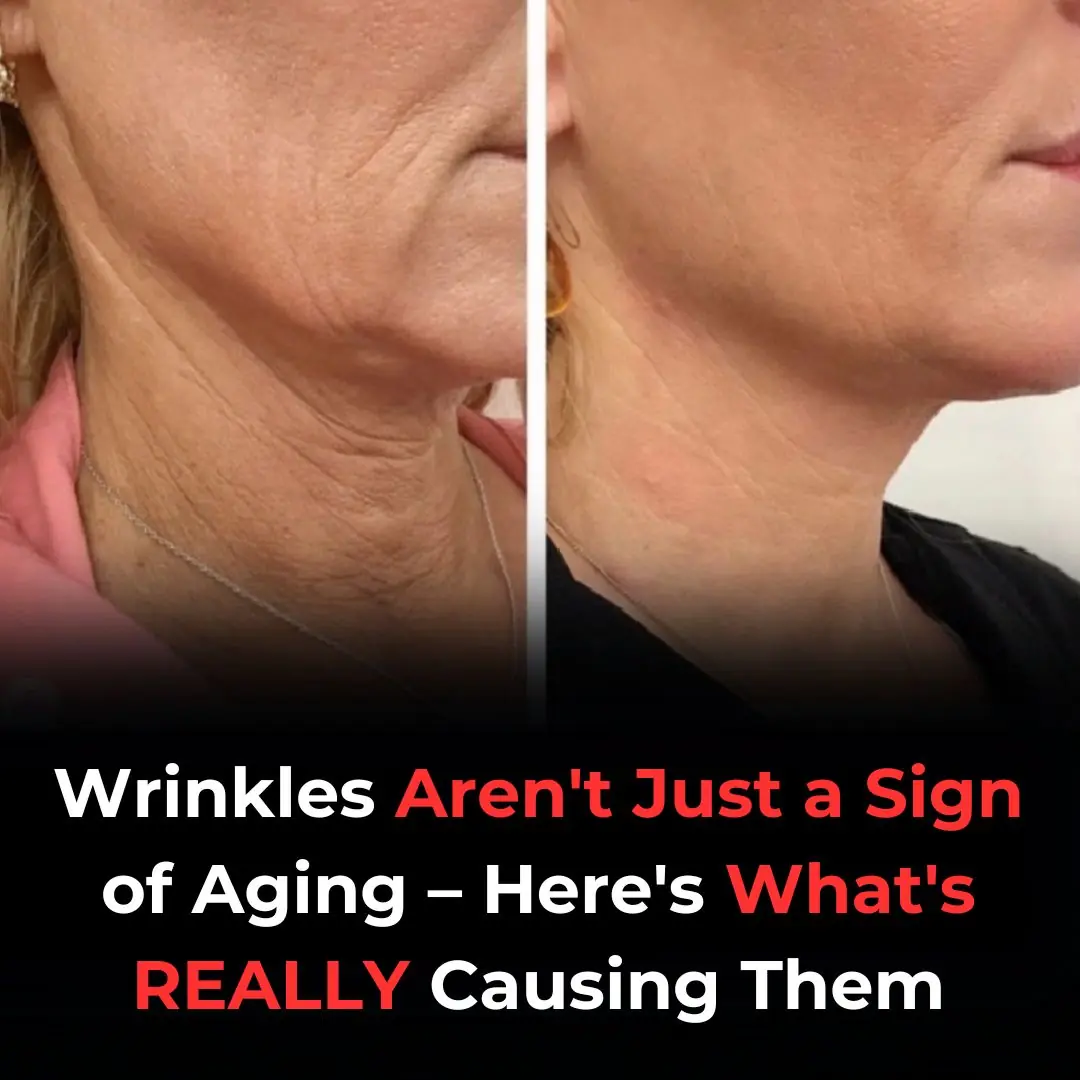
The Top 10 Causes of Premature Aging of Your Face and Skin
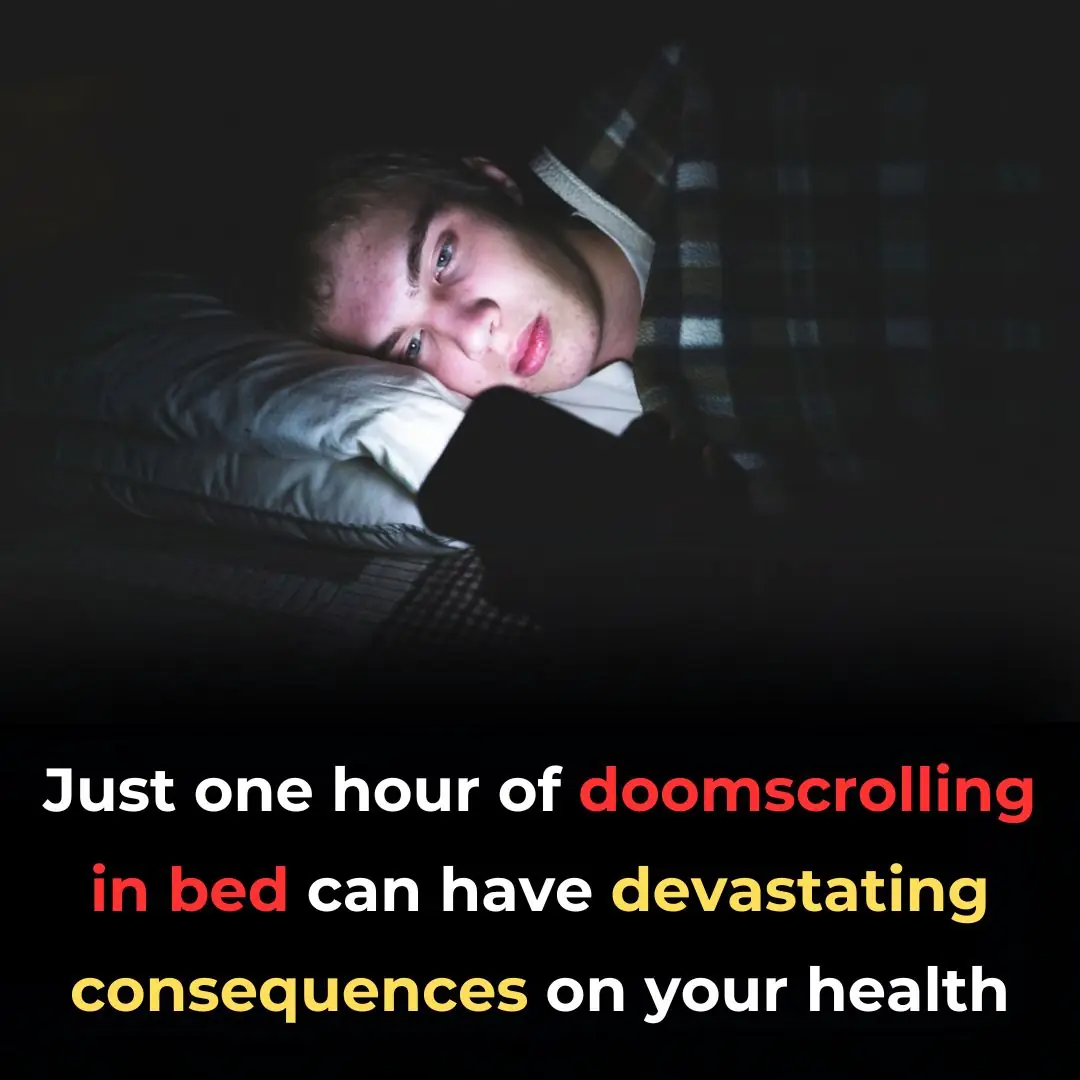
Just one hour of doomscrolling in bed can have devastating consequences on your health
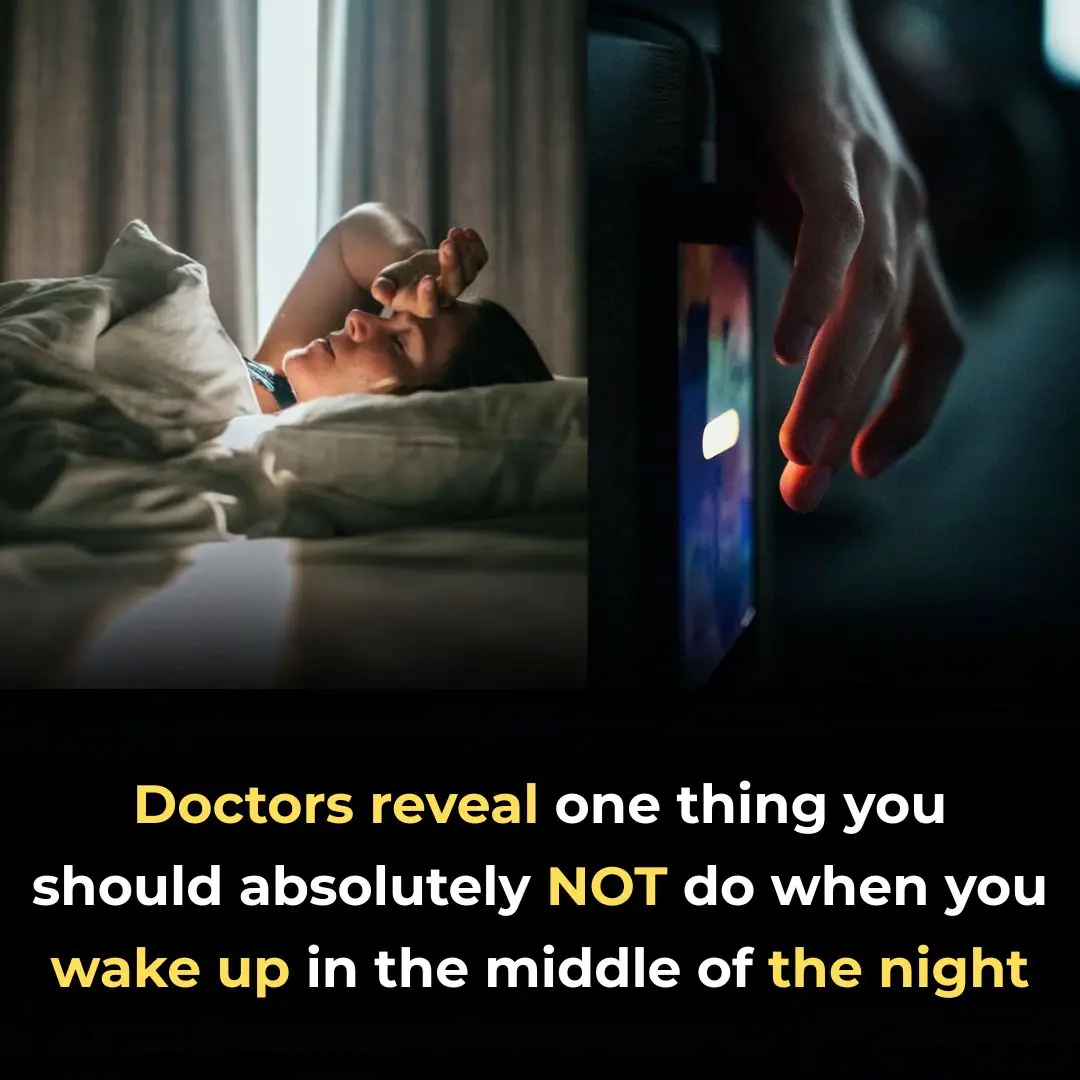
Doctor Warns Against This One Thing If You Wake Up at Night
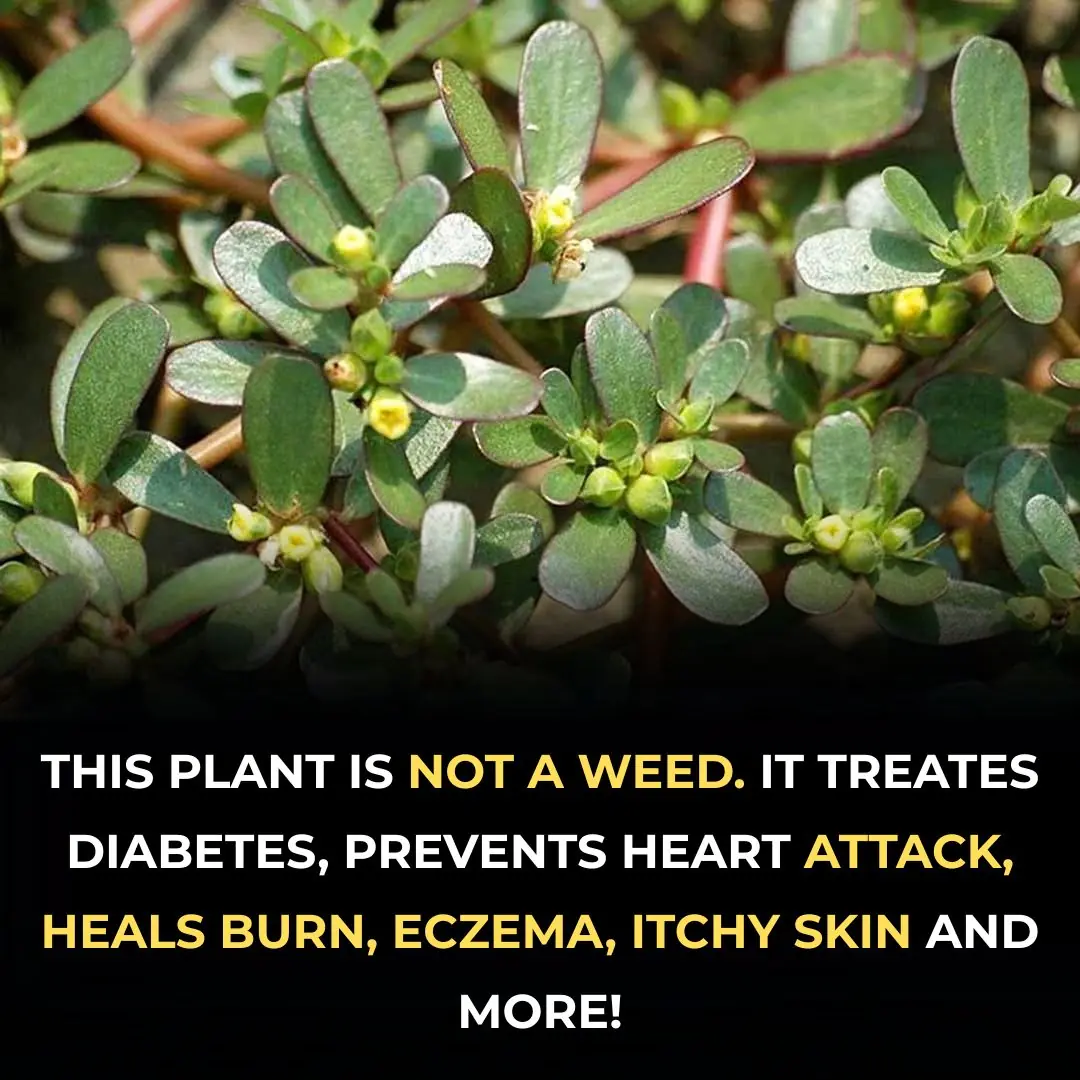
Many Confuse This Plant with a Weed, But It’s Actually Full of Surprising Health Benefits
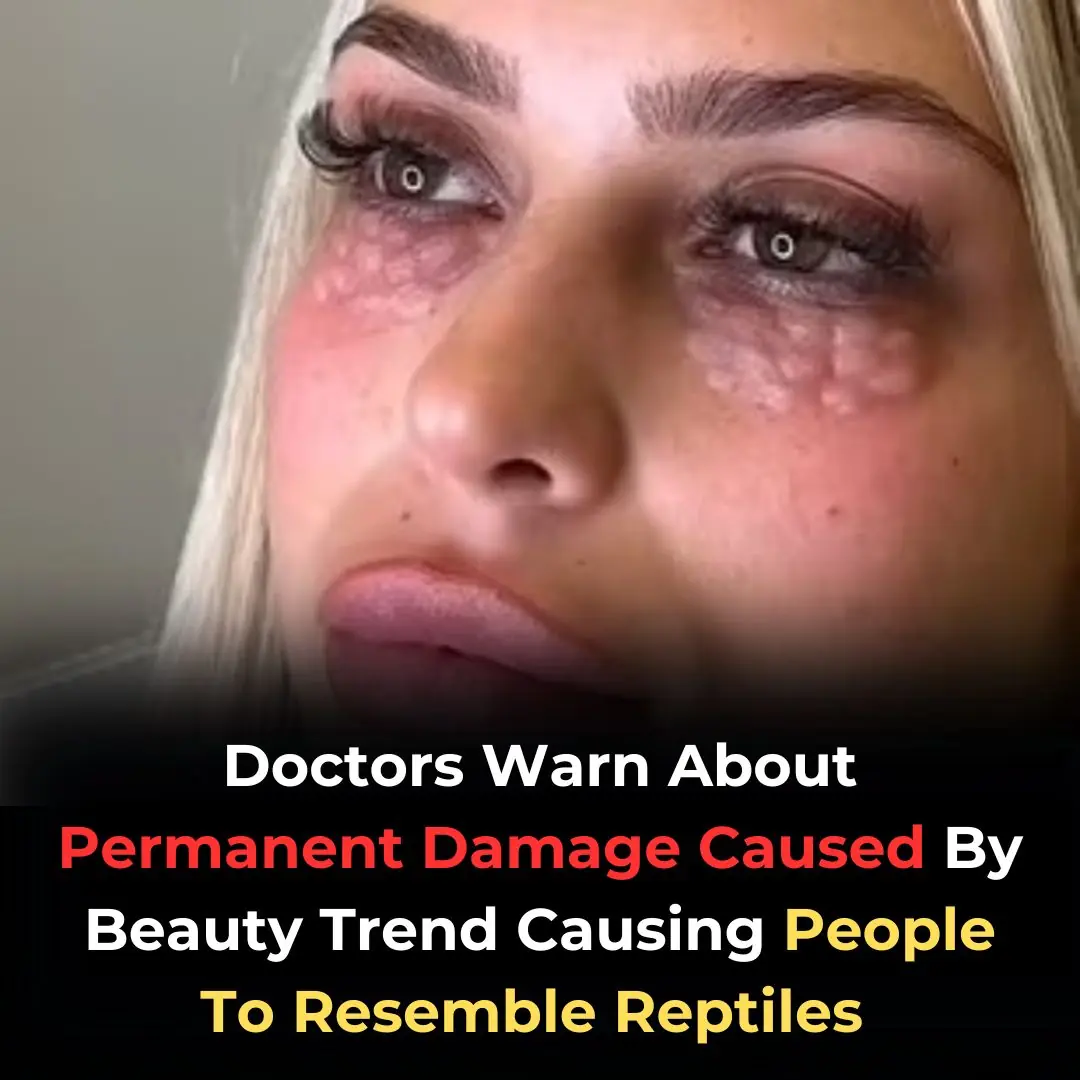
Doctors warn about permanent damage caused by new beauty trend causing people to resemble reptiles

Styes on the eye: Discover natural remedies to relieve discomfort and speed healing.
News Post

Mystical Seabed Art: The Puffer Fish’s Elaborate Mating Rituals Unveiled
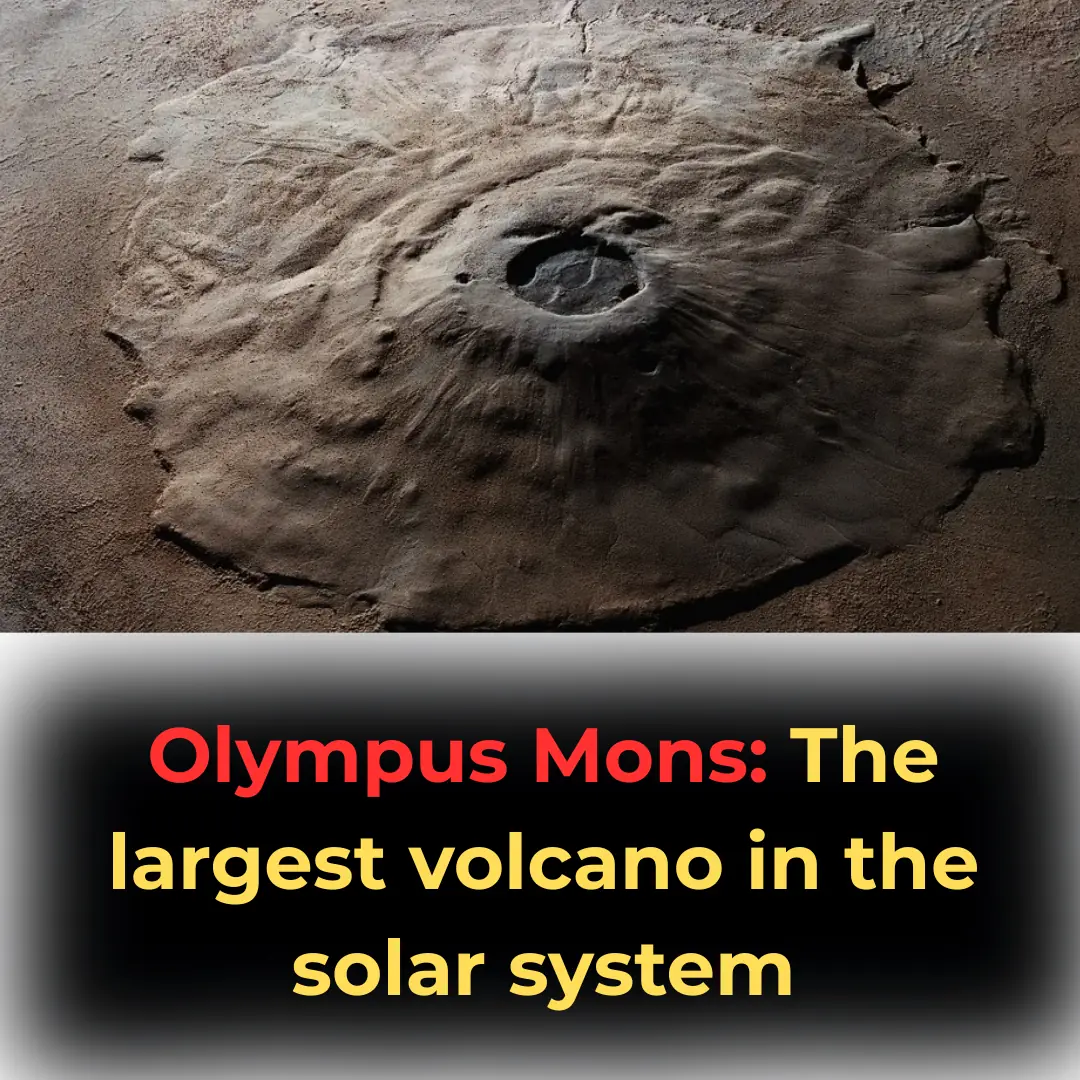
Olympus Mons: The largest volcano in the solar system

I transferred the car to my mother so that you wouldn’t get it in the divorce,” Artem sneered with a smirk. But Polina only smiled, knowing exactly how to outplay him
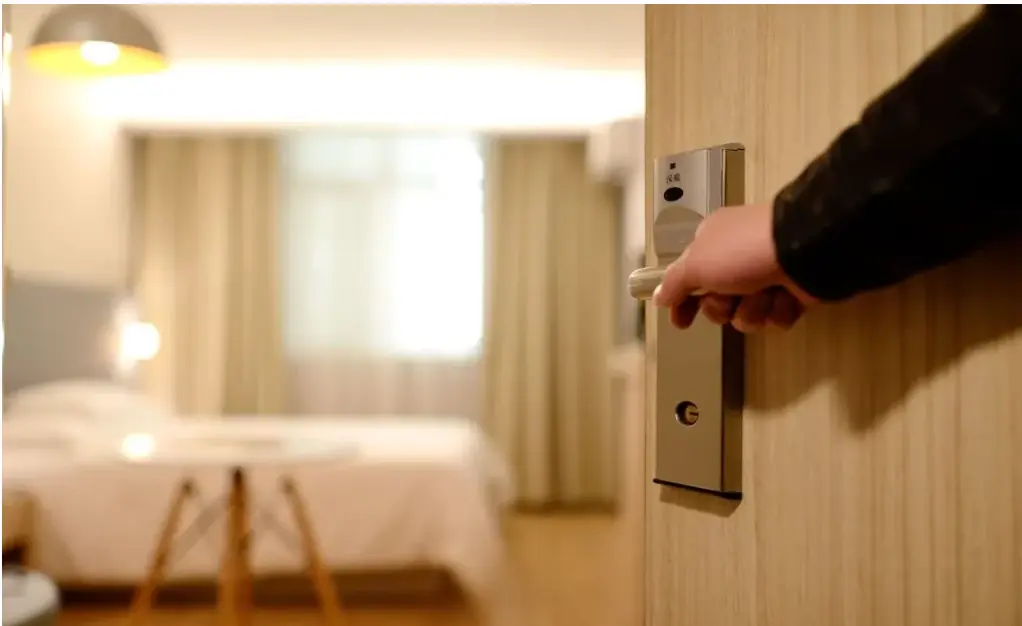
10 Things You Should Do When Checking Into a Hotel Room
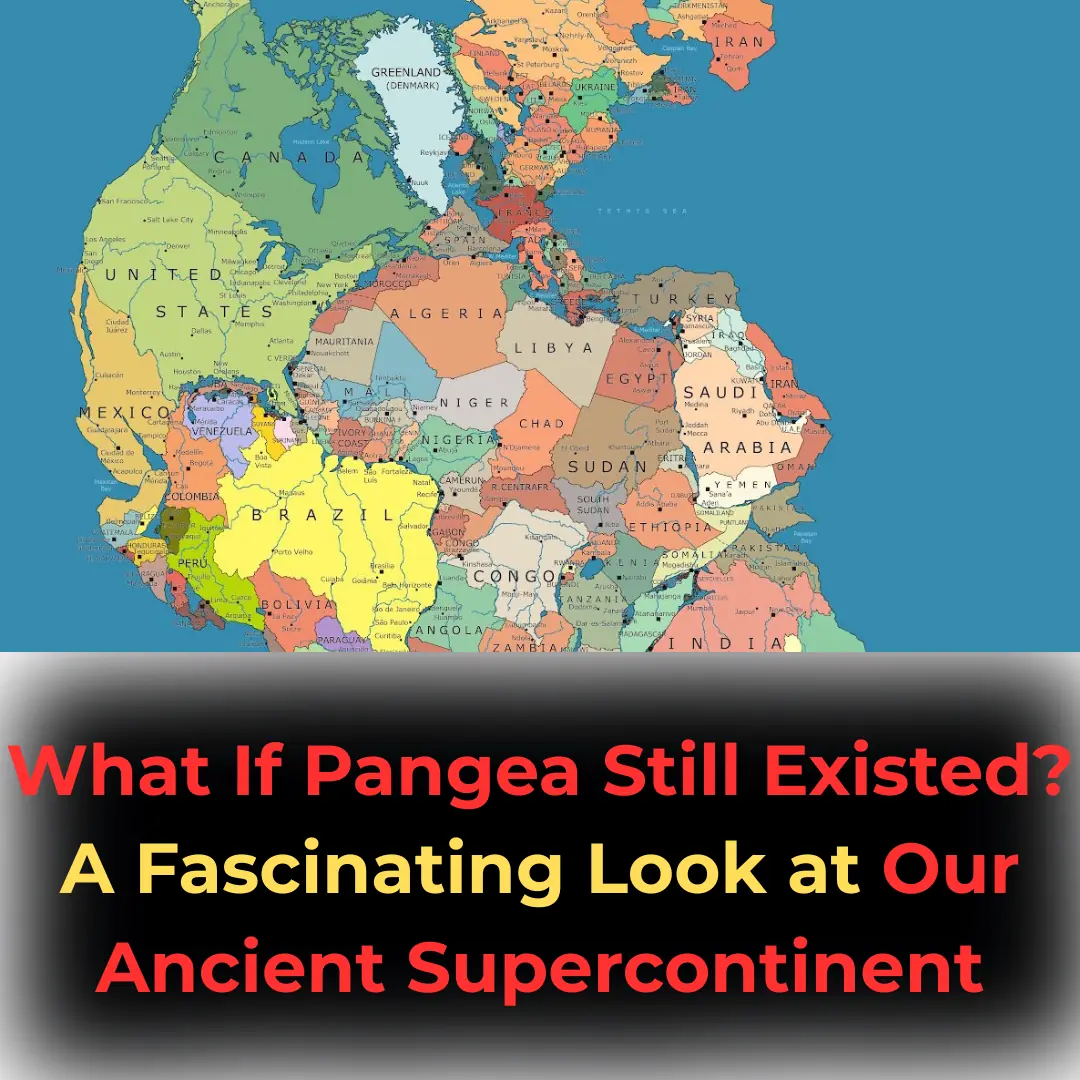
"What If Pangea Still Existed? A Fascinating Look at Our Ancient Supercontinent"

How to Treat H. Pylori Bacteria Causing Heartburn and Bloating + Natural Remedies
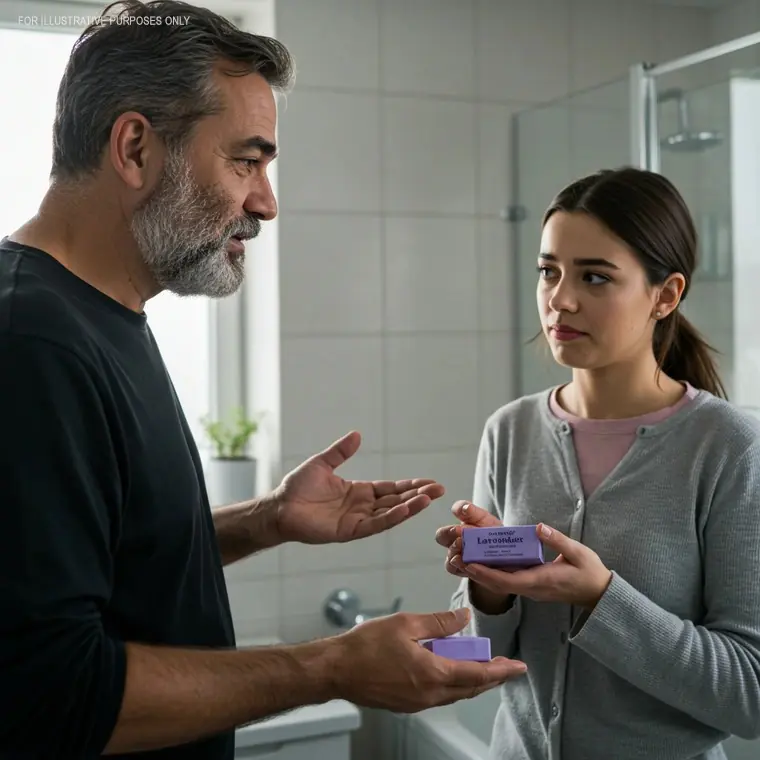
My Father Told Me to Shower with a Special Soap – When My Boyfriend Discovered the Truth, He Broke Down in Tears

8 Ways To Get Rid Of Phlegm And Mucus In Chest And Throat
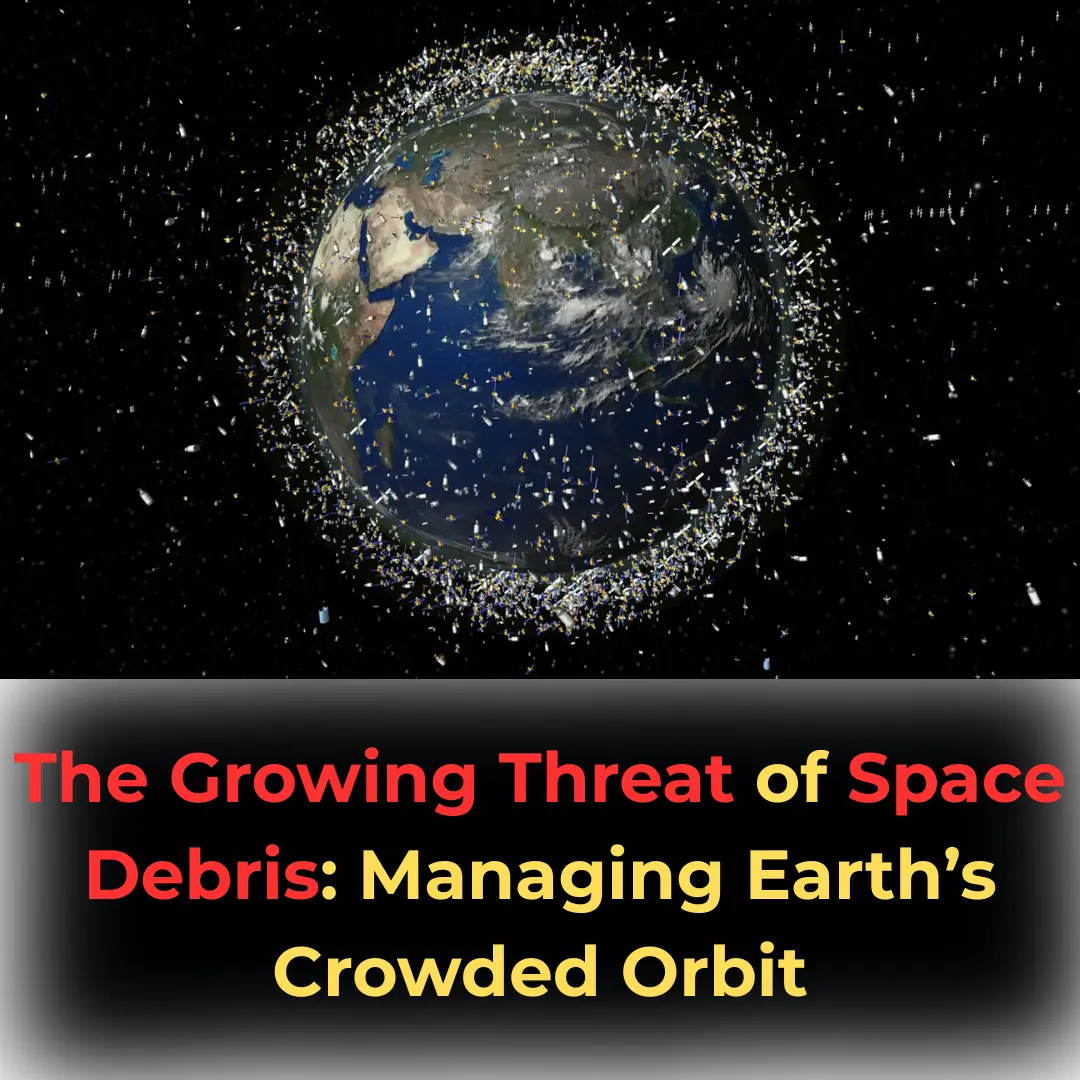
The Growing Threat of Space Debris: Managing Earth’s Crowded Orbit

After A 49-Year-Old Father Of Two Passes Away, There Is An Urgent Warning For All Pet Owners Who Allow Their Dogs To Lick Them

8 of the Best Anti-Cancer Foods. It’s Time to Start Adding Them to Your Diet

Getting Annoyed By Chewing Sounds Is a Genuine Psychiatric Disorder

5 Concerning Red Flags That May Signal Colon Cancer
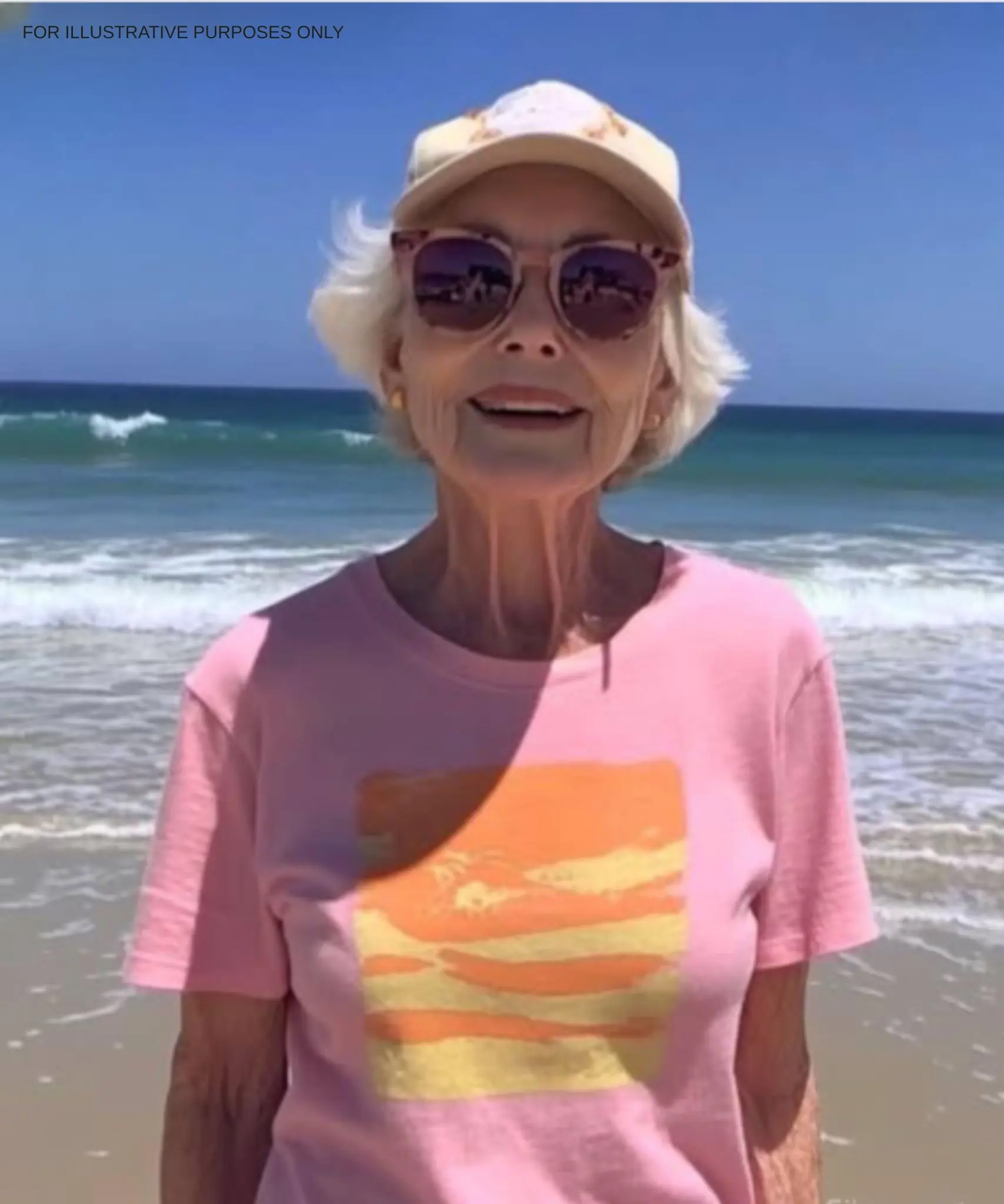
AM I WRONG TO BE ANGRY THAT MY 71-YEAR-OLD MOM SPENT MONEY ON A TRIP INSTEAD OF HELPING ME PAY MY BILLS?

Risk Of Prostate Cancer Increases By 45% In Men Who Share This Common Practice
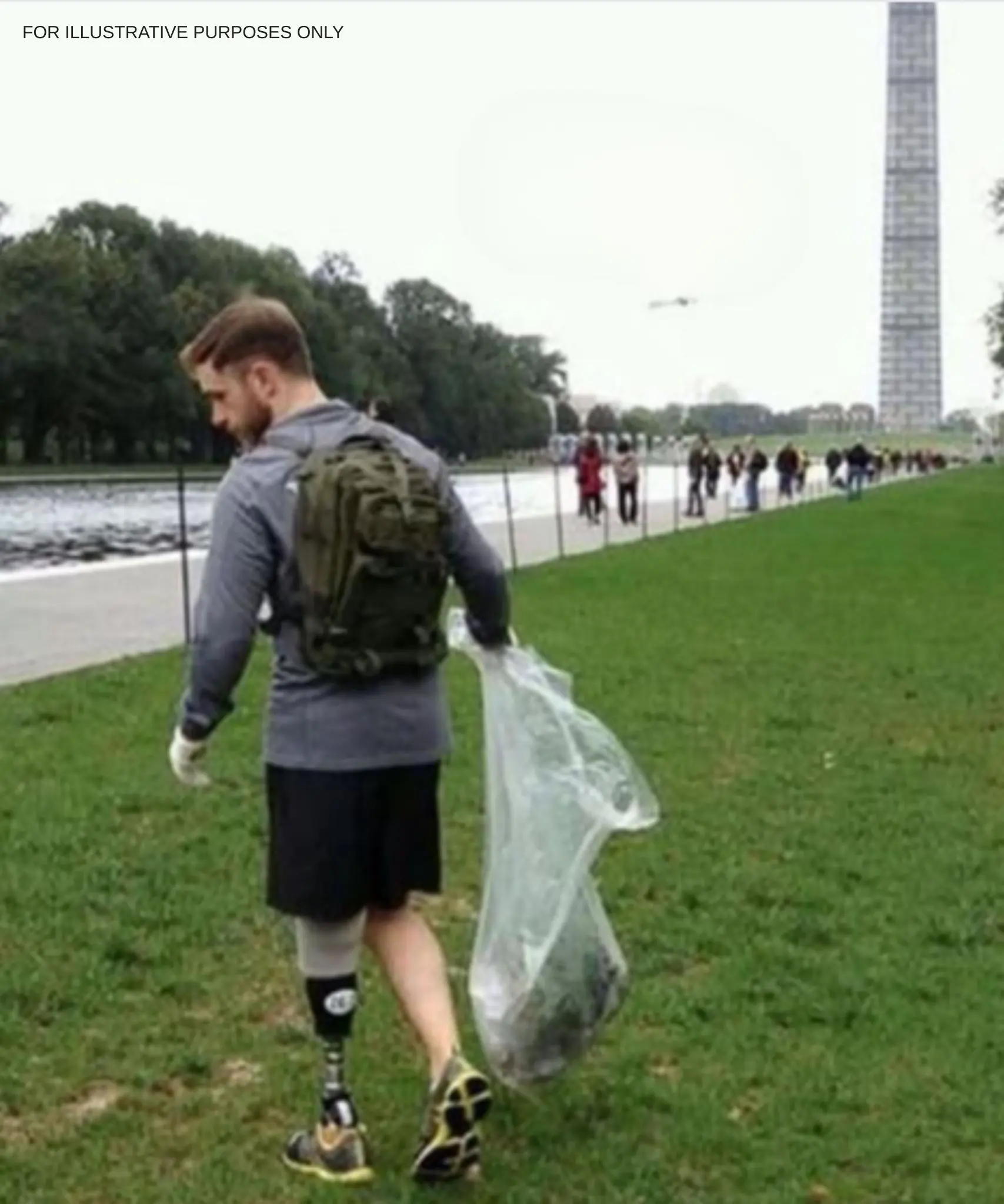
A wounded veteran picks up trash, as people whisper behind me.

End-of-life nurse shares the most disturbing behaviors seen in those nearing death
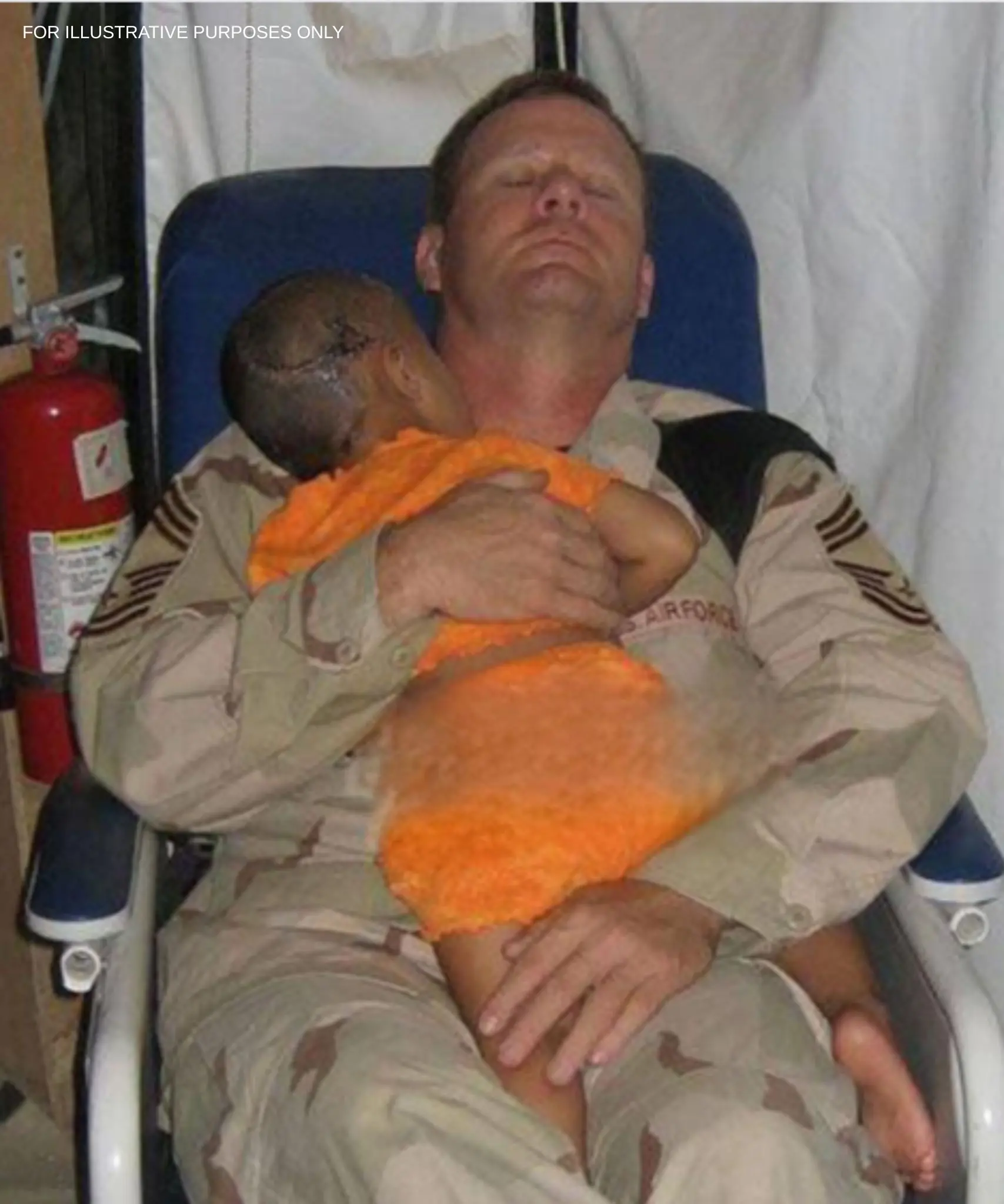
I held her tight while she cried and wouldn’t let go.

**Say Goodbye to Skin Tags and Warts: Easy Removal with Hydrogen Peroxide**
